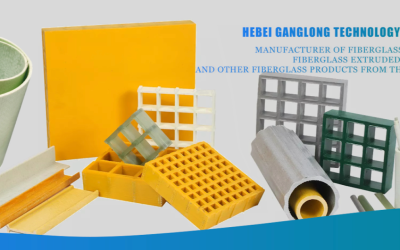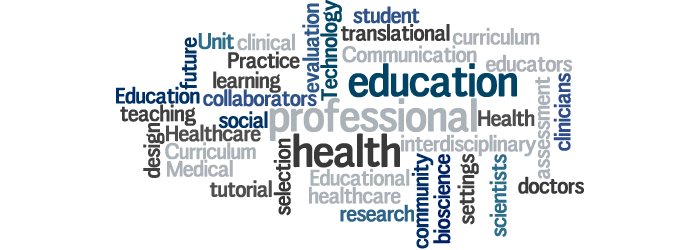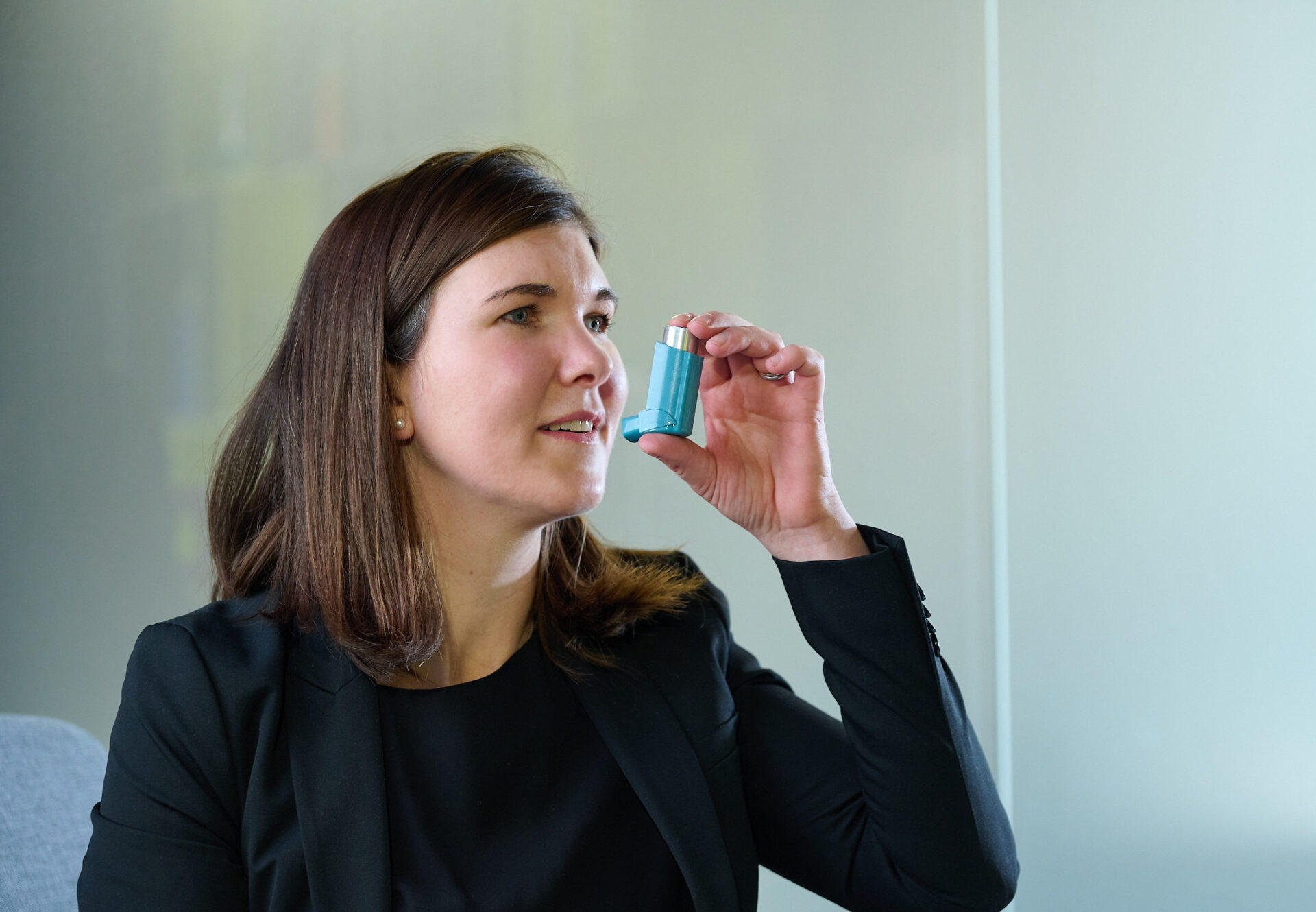In the ever-evolving landscape of global health, the importance of medical and health education is more pronounced than ever. With continuous advancements in medicine and an increasing awareness of public health issues, educating the populace about health matters is crucial. This knowledge not only fosters healthier lifestyles but also equips individuals to make informed decisions about their well-being.
Core Components of Medical & Health Education
Medical and health education covers a wide array of topics, including basic hygiene, disease prevention, mental health, and advanced medical procedures. It encompasses learning about the human body, understanding disease mechanisms, and keeping up-to-date with the latest medical research. This education is indispensable for all demographics as it enhances life quality and promotes longevity.
The Preventative Power of Health Education
One of the fundamental goals of health education is the prevention of diseases. By informing the public about common health issues, their symptoms, and preventive measures, we can significantly reduce the prevalence of many conditions. For instance, widespread knowledge about the benefits of vaccinations, routine health screenings, and healthy lifestyle choices can curb the incidence of various illnesses. Public health education campaigns are instrumental in addressing critical health challenges such as heart disease, diabetes, and infectious diseases.
Encouraging Healthy Habits Through Education
Health education plays a pivotal role in encouraging healthy habits. It involves teaching people about balanced nutrition, the importance of physical activity, mental health care, and the dangers of substance abuse. Educated individuals are more likely to adopt practices that lead to better health outcomes, thereby reducing the strain on healthcare systems.
Advancements in Medical Education
Medical education has undergone significant transformations, evolving from traditional classroom-based learning to more dynamic, technology-driven approaches. Today, aspiring healthcare professionals have access to online courses, virtual reality simulations, and telemedicine training. These innovations have democratized medical education, making it accessible to a global audience and allowing learners to acquire essential skills from anywhere.
Medidex: Revolutionizing Health Consultations
In today’s digital era, platforms like Medidex are transforming the way we access medical advice. Medidex serves as a crucial health education resource, offering a chat-based platform where individuals can obtain medical advice from certified professionals. This ensures that users receive accurate and confidential information, making it an invaluable tool for those seeking guidance on health-related issues.
Medidex bridges the gap between healthcare providers and patients by providing an accessible and convenient means of communication. Users can ask questions, get second opinions, and receive management advice for their health conditions from the comfort of their homes. This is particularly beneficial for individuals with limited access to healthcare facilities or those who prefer the convenience of online consultations.
Impact of Health Education on Community Well-Being
Health education significantly impacts community well-being. Informed communities are better prepared to handle health emergencies and crises. For instance, during the COVID-19 pandemic, effective public health education was crucial in spreading awareness about preventive measures, symptoms, and vaccination, which helped in mitigating the spread of the virus and alleviating public anxiety.
Health education also promotes a culture of empathy and collective responsibility. It encourages individuals to support each other in times of health crises and to participate in community health initiatives. An informed community is a resilient one, capable of facing health challenges with greater confidence and solidarity.
The Future of Medical & Health Education
Looking ahead, the role of medical and health education will continue to expand. Technological advancements will further enhance the accessibility and quality of health education. Innovations such as artificial intelligence, virtual reality, and personalized learning platforms will revolutionize how we learn about health and medicine, making education more interactive and tailored to individual needs.







